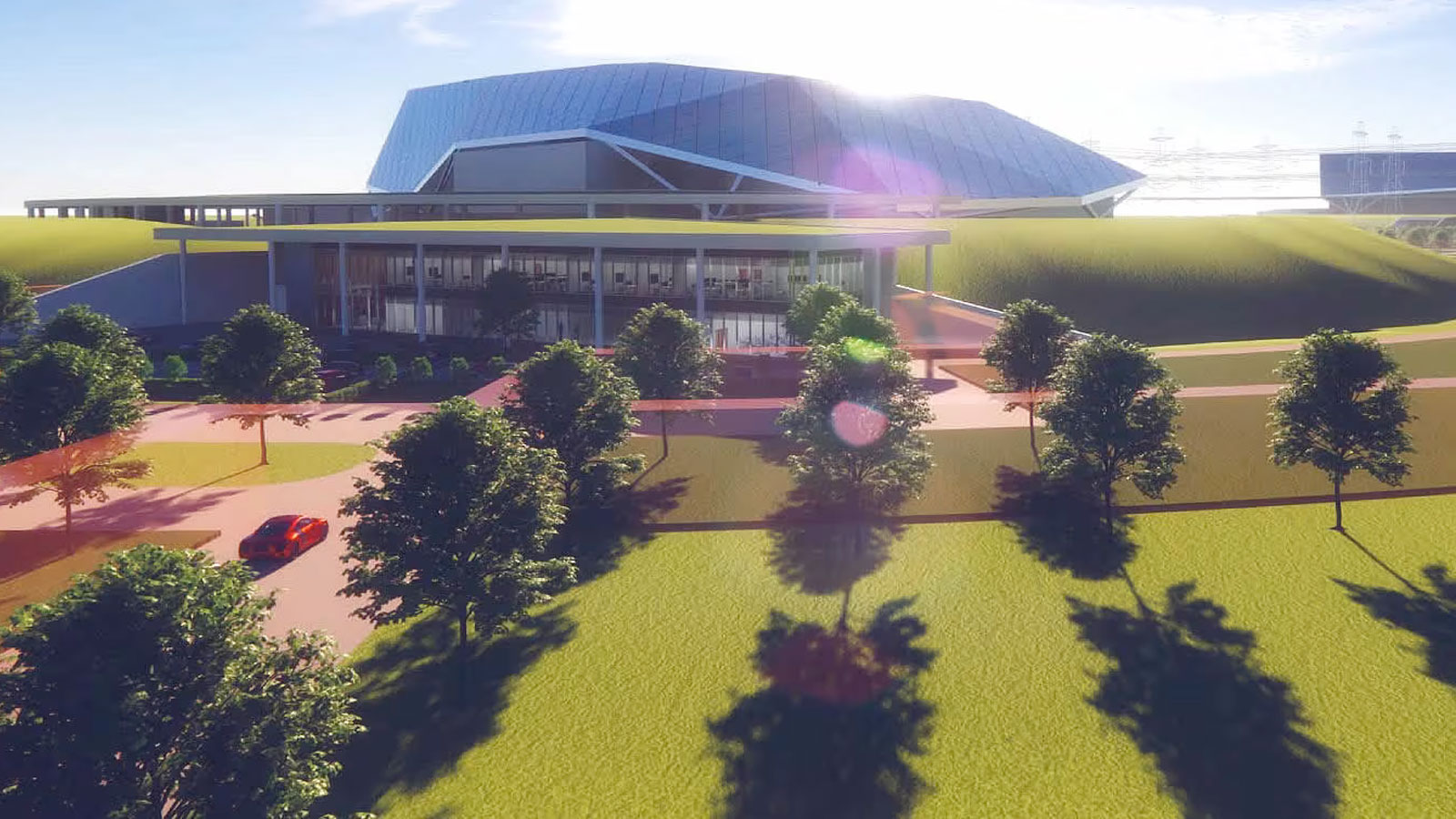The UK’s Environmental Audit Committee (EAC) has issued a stark warning regarding the Government’s approach to small modular reactors (SMRs), signalling a need for greater clarity and strategic direction.
With a substantial £215 million pledged towards the advancement of SMR technology, the committee has signalled its doubts surrounding some of the bold promises touted by the technology – including how much they’ll impact the UK’s path to net zero.
SMRs are typically characterised by their smaller size and modular construction, promising quicker deployment and potential cost savings over traditional nuclear reactors. Yet, the EAC points out that the lack of commercial orders globally casts a shadow over their feasibility and economic viability.
EAC’s concerns surrounding SMRs
In a letter to the Secretary of State for Energy Security and Net Zero, Clare Coutinho, the committee noted that it accepted that “achieving net zero in the UK by 2050 would be hard to achieve without some form of nuclear power,” citing the response it received from some of the inquiry’s witnesses. However, it also found that “the scientific and business case for the Government’s policy on SMRs has been subject to sustained challenge.”
The committee noted that the Government’s Civil Nuclear Roadmap posits a flexible generation capacity from nuclear sources, suggesting a target range that starkly varies from 9GW to a hopeful 24GW by 2050. This variance, according to Great British Nuclear, fails to provide the industry with the confidence necessary for large-scale investment and development.
The timeline for SMR deployment, with the first investment decision not expected until 2029 and operational capability forecasted for 2035, also complicates the UK’s decarbonisation pathway. Currently the UK Government is targeting a decarbonised grid by 2035, therefore SMR’s impact on the UK’s path to net zero is “called into question,” according to the EAC.
Concerns extend beyond timelines, however, with the committee also concerned about the environmental impact of SMRs, notably regarding waste management. The committee received evidence suggesting SMRs might generate more waste than traditional nuclear reactors, a point of contention given the UK’s stringent safety and regulatory standards. This is something Electrical Review’s former columnist, Mr Gossage, highlighted way back in 2022.
SMRs could still play a positive role in the UK’s energy market
However, despite finding a lack of comprehensive policy surrounding SMRs in the UK, the Environmental Audit Committee still remained in favour of developing the technology, citing their potential economic and employment benefits, including a burgeoning export market and local job creation.
That is why the EAC is calling on the Government to give more concrete cost assessments and ensure that the development of SMRs remains good value for money for taxpayers – especially in light of the constant cost increases surrounding the UK’s development of large-scale nuclear power plants.
Philip Dunne, Environmental Audit Committee Chair, commented, “As a result of the UK’s push towards nuclear SMR technology, the UK has the opportunity to be a genuine world leader in the manufacture of SMR nuclear capability with great export potential. However, despite pledging hundreds of millions of pounds in support for SMR projects and undertaking to invest in the construction of the UK’s first SMR, the Government’s overall vision for the sector at this stage lacks clarity: Ministers might commission as much as 24GW in nuclear capacity by 2050, but could commission as little as 12GW.
“The first SMR is unlikely to be in operation by 2035, the date Ministers have set for decarbonising the electricity supply: so what role will SMRs have in an energy mix dominated by renewables and supplemented by existing and emerging large-scale nuclear?
“This uncertainty risks knock-on effects for industry confidence: not only for investment decisions relating to the initial build and the construction of factories to build reactor modules, but also for the support and growth of supply chains and skills. We simply don’t yet know how much SMRs will contribute to electricity generation in the country, nor how much the roll-out is likely to cost the taxpayer.
“The Committee has therefore written to the Secretary of State for Energy Security and Net Zero to seek clarity on a number of points relating to the Government’s policy on SMRs. I look forward to receiving her response.”
As the UK navigates the complexities of integrating SMRs into its energy strategy, the EAC’s call for clarity reflects broader concerns about the future of nuclear power in a net-zero world. The committee’s letter articulates a demand for a coherent, comprehensive approach to nuclear development, one that balances innovation with environmental stewardship, economic feasibility, and the overarching goal of a sustainable energy future.

